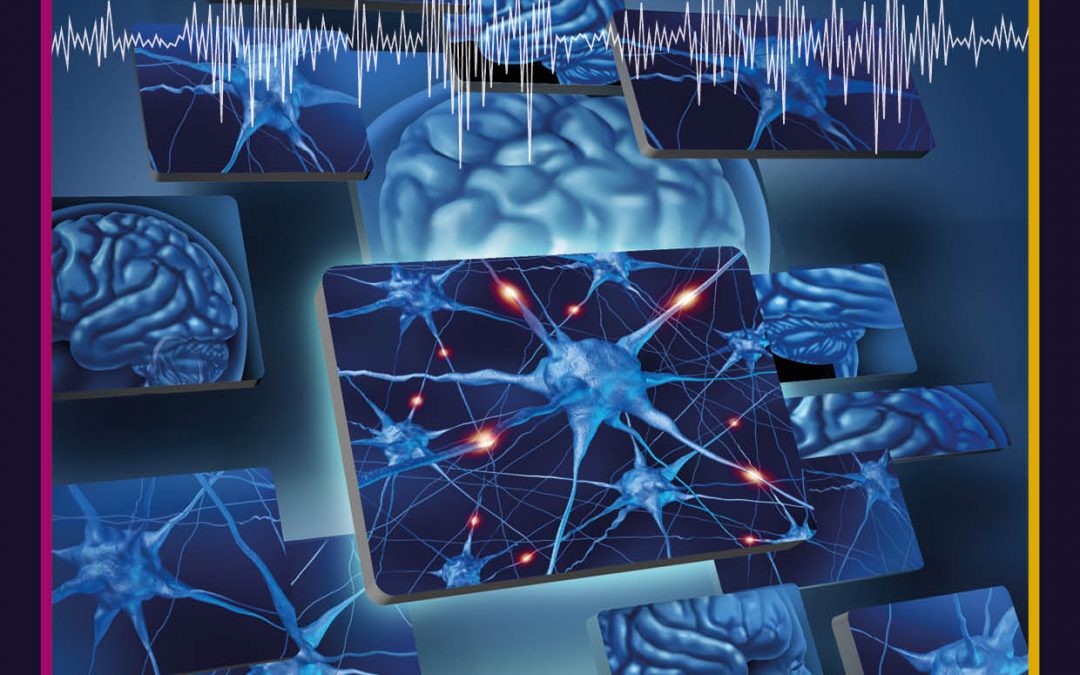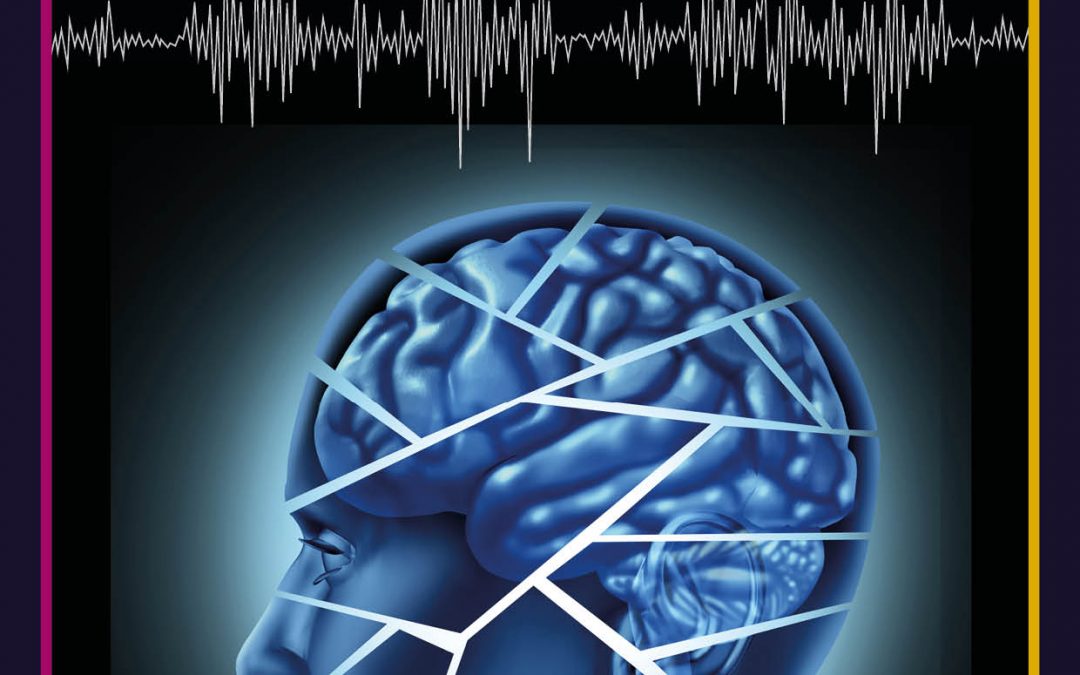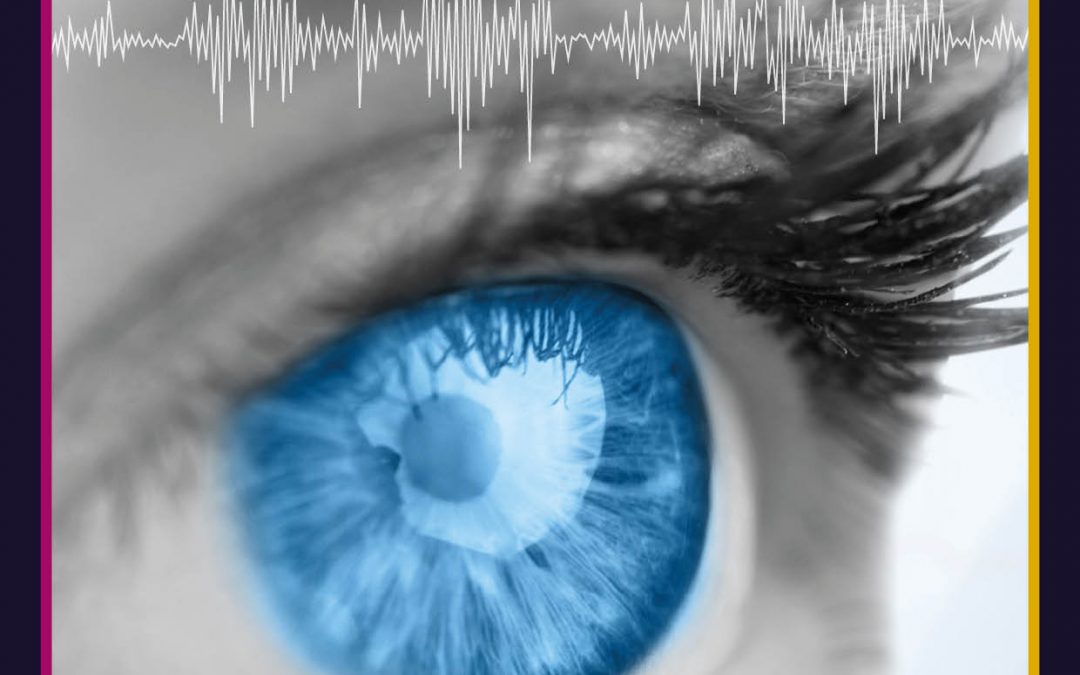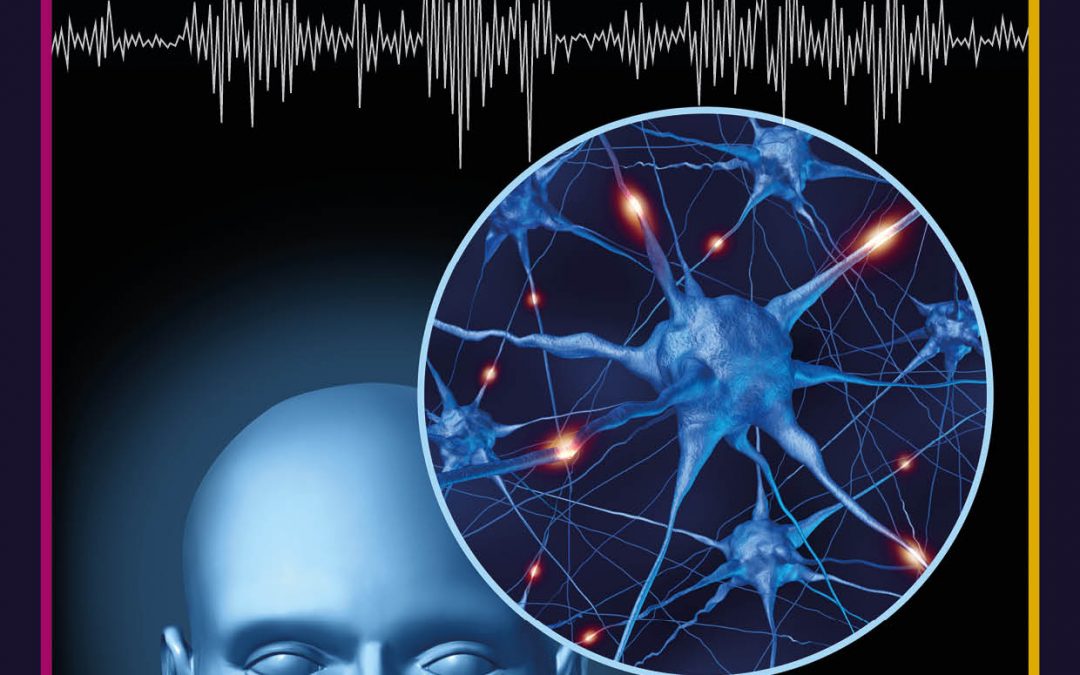
by admin | Aug 5, 2021 | biology, health and medicine, trending
Iodine Nutrition in Pregnancy and Breast Feeding to Prevent Iodine Deficiency Disorders – Professors Creswell Eastman, Mu Li and Gary Ma SciPod · Iodine Nutrition In Pregnancy And Breast Feeding To Prevent Iodine Deficiency Disorders Original Article Reference...

by admin | Jul 26, 2021 | biology, health and medicine
Improving The Diagnosis And Treatment Of Neurological Diseases – Dr Arun Swaminathan, University Of Nebraska Medical Center SciPod · Improving The Diagnosis And Treatment Of Neurological Diseases – Dr Arun Swaminathan Original Article Reference This SciPod...

by admin | Jul 26, 2021 | biology, health and medicine
Naturally Occurring Diseases In Dogs And Cats Help To Develop Treatments For Inherited Neurological Disorders – Dr Charles Vite, University Of Pennsylvania SciPod · Naturally Occurring Diseases In Dogs And Cats Original Article Reference This SciPod is a summary...

by admin | Jul 19, 2021 | health and medicine
Empowering People Living With Human Immunodeficiency Virus And Other Patients Using MHealth – Dr Bertrand Lebouché, McGill University SciPod · Empowering People Living With Human Immunodeficiency Virus And Other Patients Using MHealth Original Article Reference...

by admin | Jul 19, 2021 | biology, health and medicine
From Nerve Development To Vision A Bumpy Ride – Dr Mary Whitman, Boston Children’s Hospital SciPod · From Nerve Development To Vision A Bumpy Ride – Dr Mary Whitman, Boston Children’s Hospital Original Article Reference This SciPod is a summary...

by admin | Jul 19, 2021 | health and medicine
Neurotransmitter Switching A New Form Of Brain Plasticity – Dr Nicholas Spitzer SciPod · Neurotransmitter Switching A New Form Of Brain Plasticity – Dr Nicholas Spitzer Original Article Reference This SciPod is a summary...







